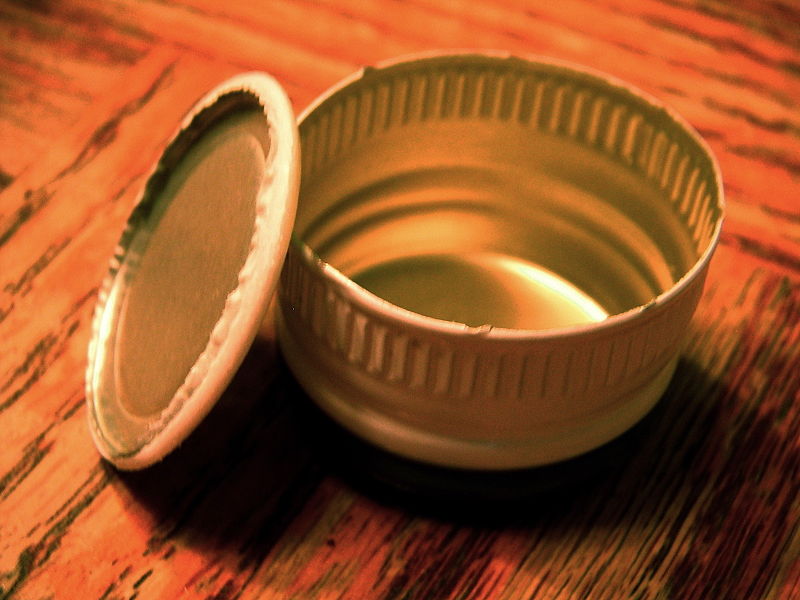 I'm sure you have read numerous articles about how the world of wine is changing via the Stelvin screwcap bottle closure. The idea is to eradicate the 5-6% of all wines that end up "corked", a particular wine flaw imparted by natural cork and one you'll notice immediately if the wine you are about to sip smells like basement or wet cardboard. Australia took the Stelvin closure ball and ran with it within the last eight years or so. New Zealand nearly only uses screw caps now. And even old World producers in Germany, Austria and Switzerland are embracing the concept more and more readily. France and Italy aren't that far behind, either.
A side note: I find some of the resistance to screwcaps among old world producers entertaining given many of these countries had a hand in testing the new closures back in the '60's and '70s. I appreciate the winemaker's concern for wines like Bordeaux or Burgundy, which require aging and for which a cork closure is a benefit; but when it comes to wines made for drinking within a year or two, where's the hold up? Here we have yet another example of the conflict between "science" and "tradition" rearing its ugly head.
I'm sure you have read numerous articles about how the world of wine is changing via the Stelvin screwcap bottle closure. The idea is to eradicate the 5-6% of all wines that end up "corked", a particular wine flaw imparted by natural cork and one you'll notice immediately if the wine you are about to sip smells like basement or wet cardboard. Australia took the Stelvin closure ball and ran with it within the last eight years or so. New Zealand nearly only uses screw caps now. And even old World producers in Germany, Austria and Switzerland are embracing the concept more and more readily. France and Italy aren't that far behind, either.
A side note: I find some of the resistance to screwcaps among old world producers entertaining given many of these countries had a hand in testing the new closures back in the '60's and '70s. I appreciate the winemaker's concern for wines like Bordeaux or Burgundy, which require aging and for which a cork closure is a benefit; but when it comes to wines made for drinking within a year or two, where's the hold up? Here we have yet another example of the conflict between "science" and "tradition" rearing its ugly head.
I was shocked to hear first-hand this week that a 2007 case of French wine with Stelvin screwcap closures landed in a Massachusetts warehouse - and the wine was corked.
"Corked", you ask? Indeed. Corked. "But didn't the guys at Hogue Cellars "prove" to us that was now impossible with use of the Stelvin?" I thought so, too, but apparently there are some exceptions to the rule. The source I heard this report from was there for the big moment of truth. He reported matter of factly, "the wine smelled like wet cardboard".
I poked around on-line to see if there were any such similar reports. I came up empty. Perhaps no one's talking about it yet because they don't want to believe it. Or perhaps this technology is so darn new there's still room for error and we're just finding out over the course of things. Don't get me wrong. I'm not all that alarmed by this revelation. I'm sure we're looking at cap flaws happening VERY rarely. The thing that's got me scratching my head is how the flawed wine still had the aroma and taste of a corked wine. To me that's something uniquely imparted by actual, natural cork, not something that's manufactured....
Is this news to you, too?
